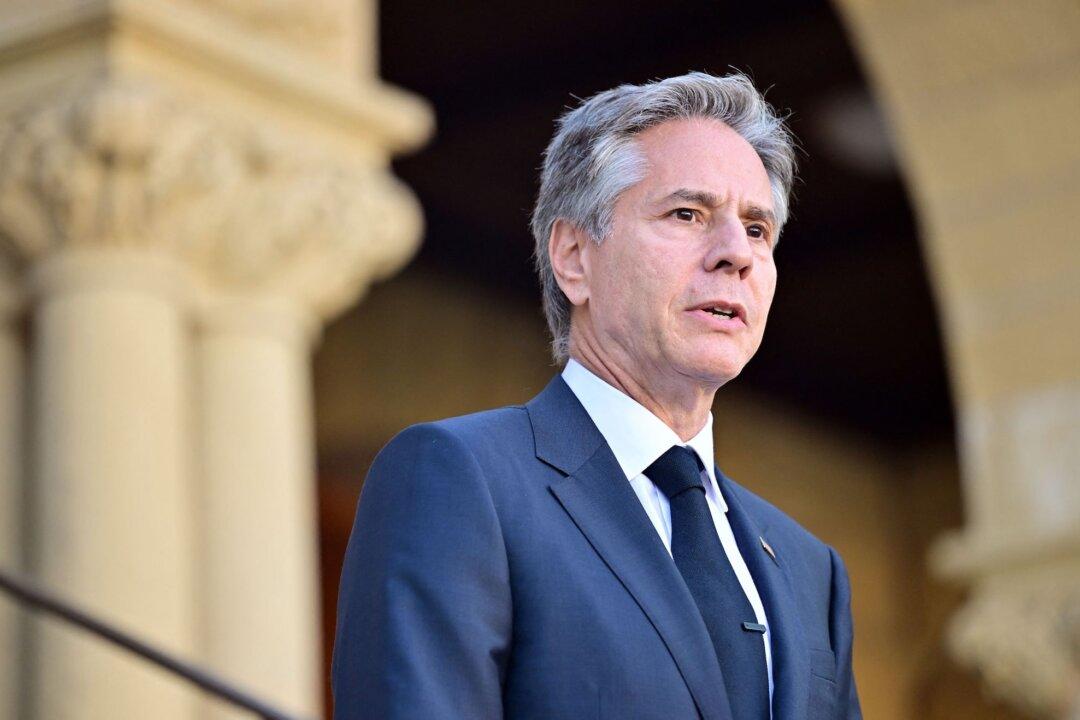WASHINGTON—Secretary of State Antony Blinken is traveling to China this week to meet with Chinese communist leadership, the State Department has acknowledged.
Blinken will meet with senior Chinese officials during a series of meetings in Beijing on June 18 and 19. He will seek to reestablish regular communications between the two powers, the State Department said in a statement.




